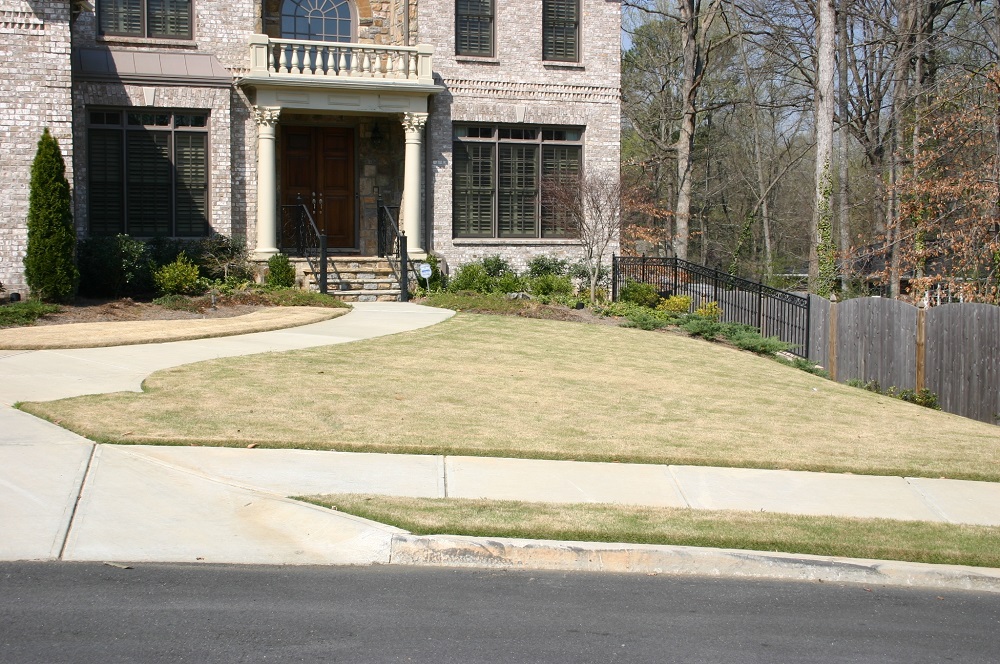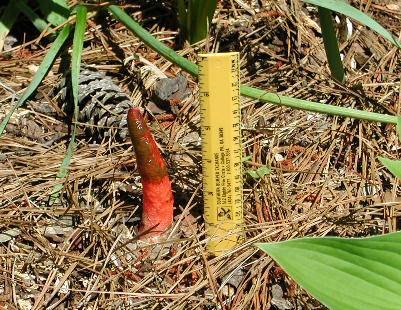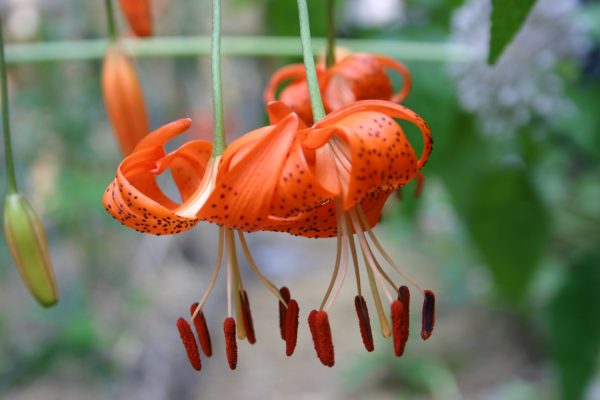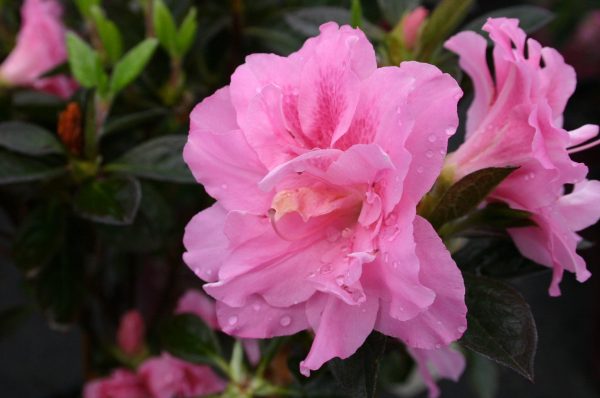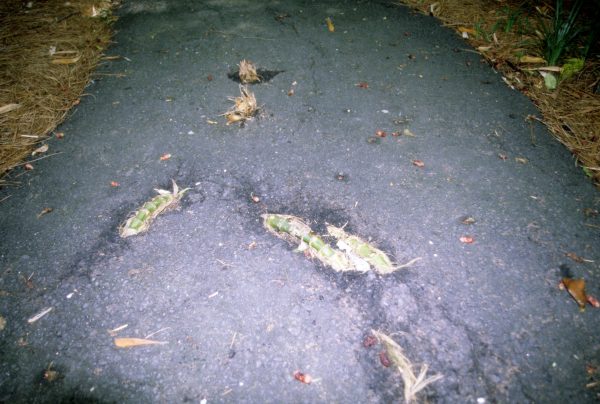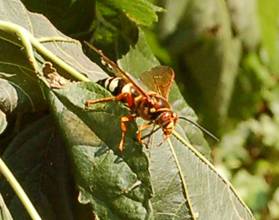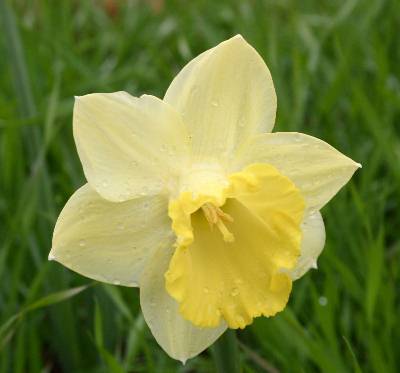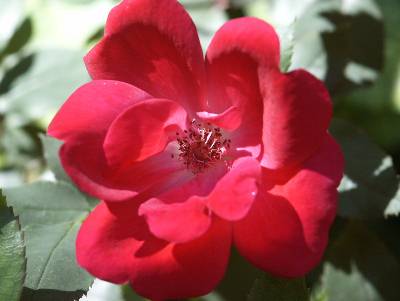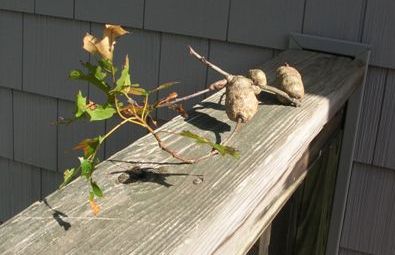Winterizing Warm-Season Lawns – Not Necessary
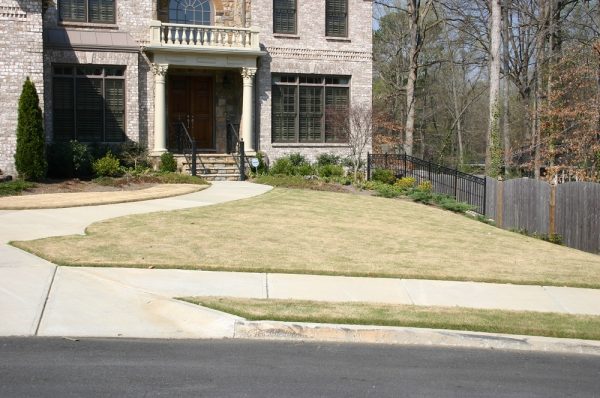
Q: I heard you say on radio that it is not necessary to apply a winterizer to bermuda lawns. Why not?
A: Mostly because you will be wasting your money except in limited cases.
Bermudagrass starts slowing its growth rate in mid-September. It begins storing nutrients in its root system, to use at next spring’s greenup. If you apply fertilizer at this time, you’ll force the grass to take nutrients out of its roots in order to grow new green shoots. This sends the grass into winter with less reserves than it needs to withstand winter damage.
Late fall fertilization also predisposes grass to disease, particularly spring dead spot in bermuda lawns.
What’s needed is a fertilizer containing low amounts of nitrogen (the first number on the bag) but higher amounts of phosphorus and potassium (the other two numbers). A 5-10-15 would be fine (yet almost impossible to find at garden centers) but I commonly see winterizer fertilizers with ratios of 30-0-10…way too much nitrogen in my opinion.
If you fertilize your bermuda lawn regularly in summer, you could get by with a half-strength rate in mid-September. As fall progresses though, less benefit and more harm is possible after applying a winterizer.
See these sources for my justification and more information:
When/If to Winterize – Georgia
Why you should not winterize your lawn – Auburn
The Myth of “Winterizer” Fertilizer – Colorado
Do You Need to Use a Winterizer Fertilizer on Your Florida Lawn?


